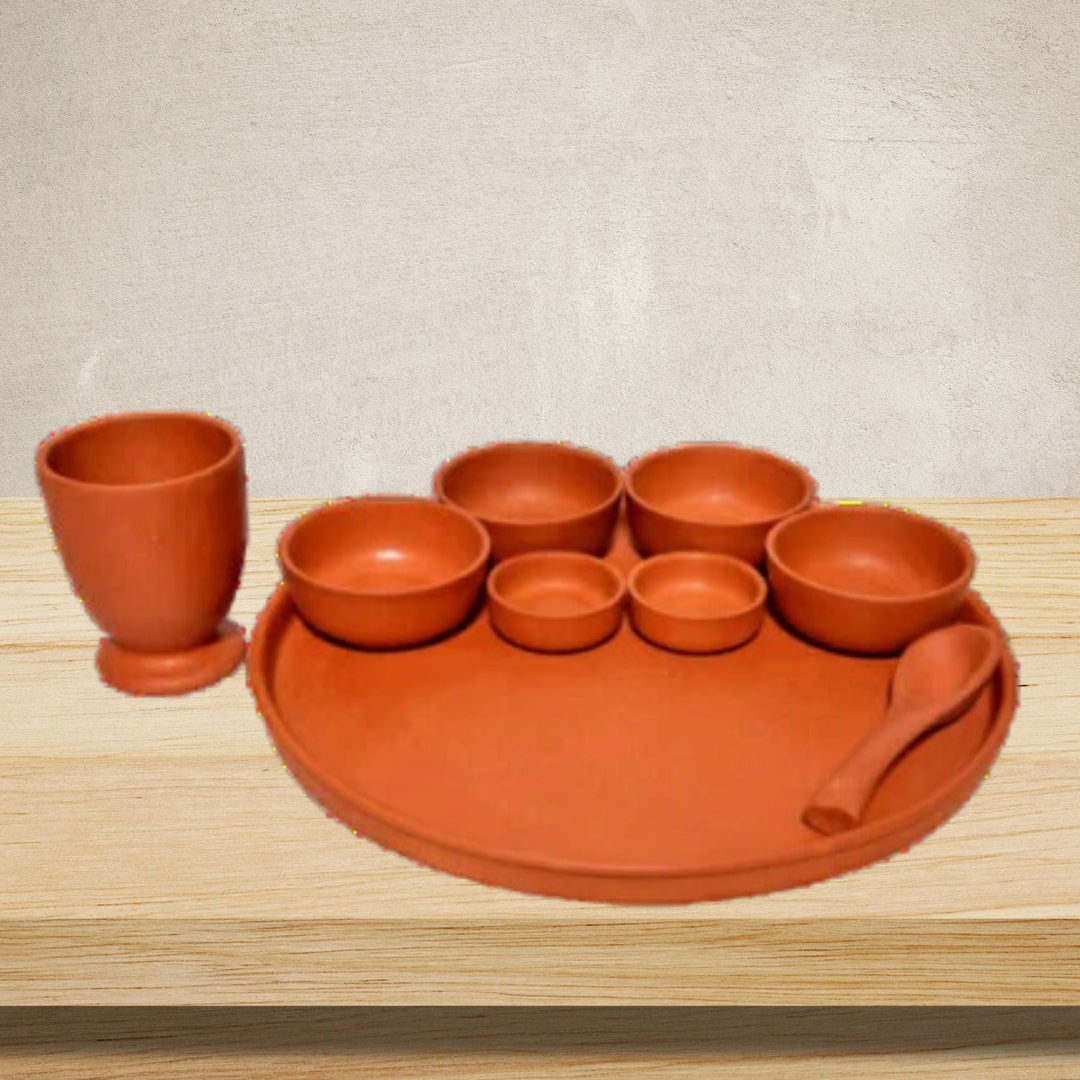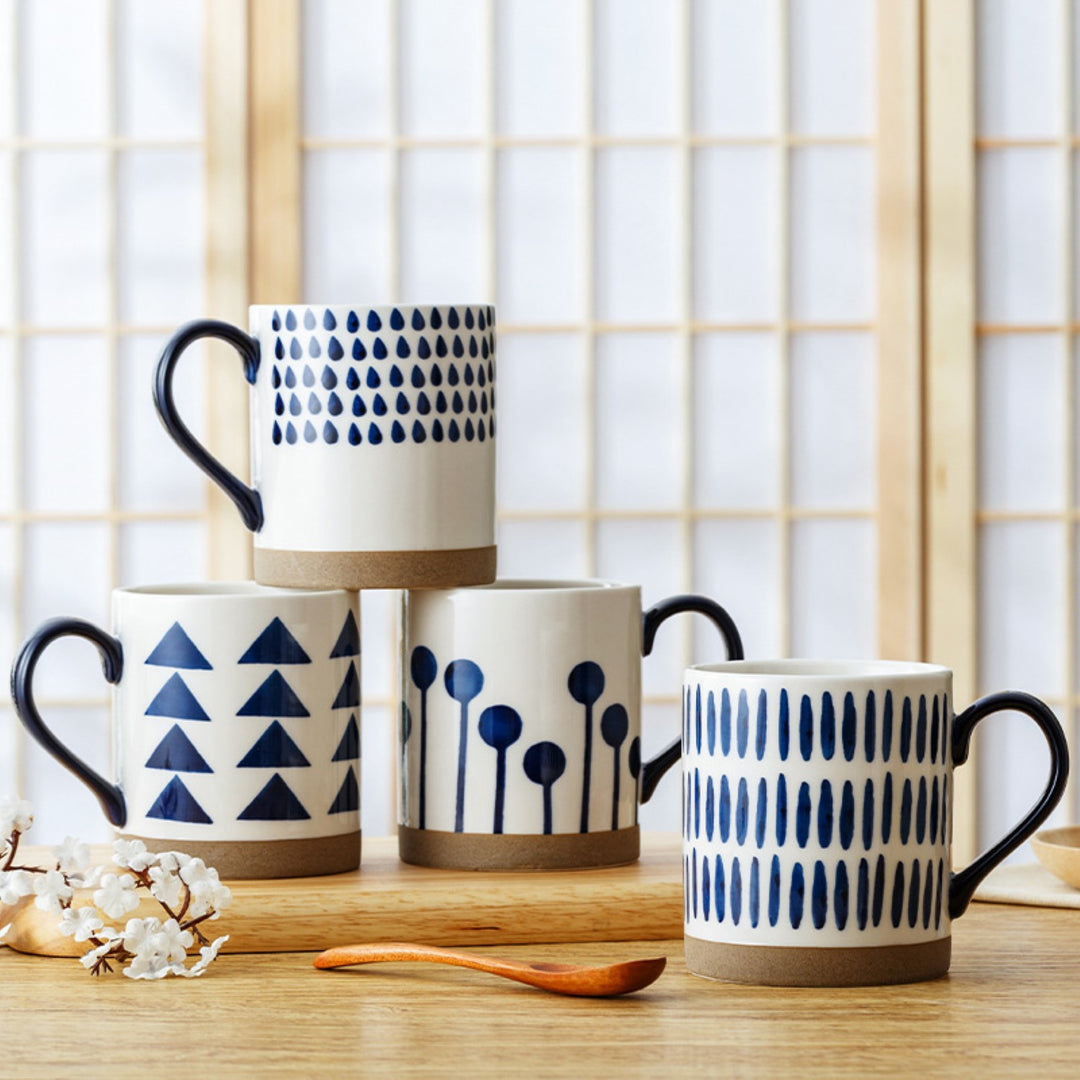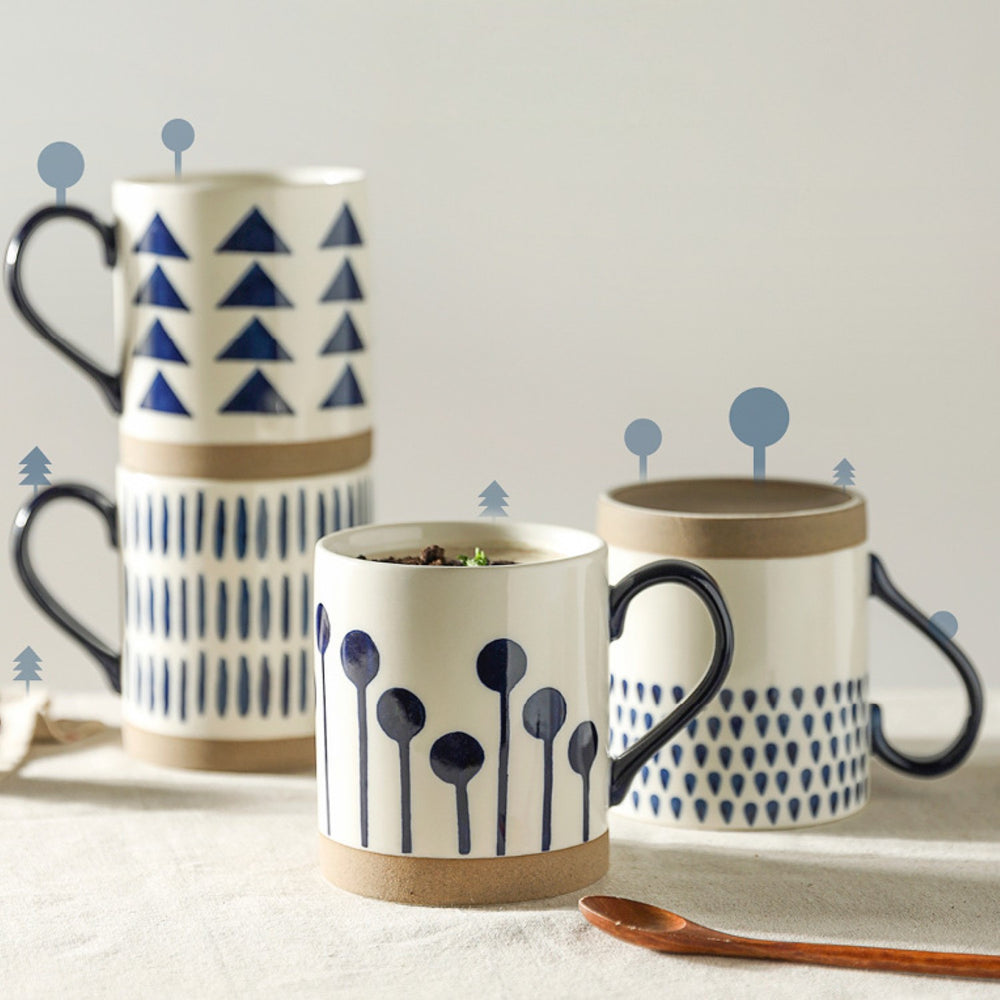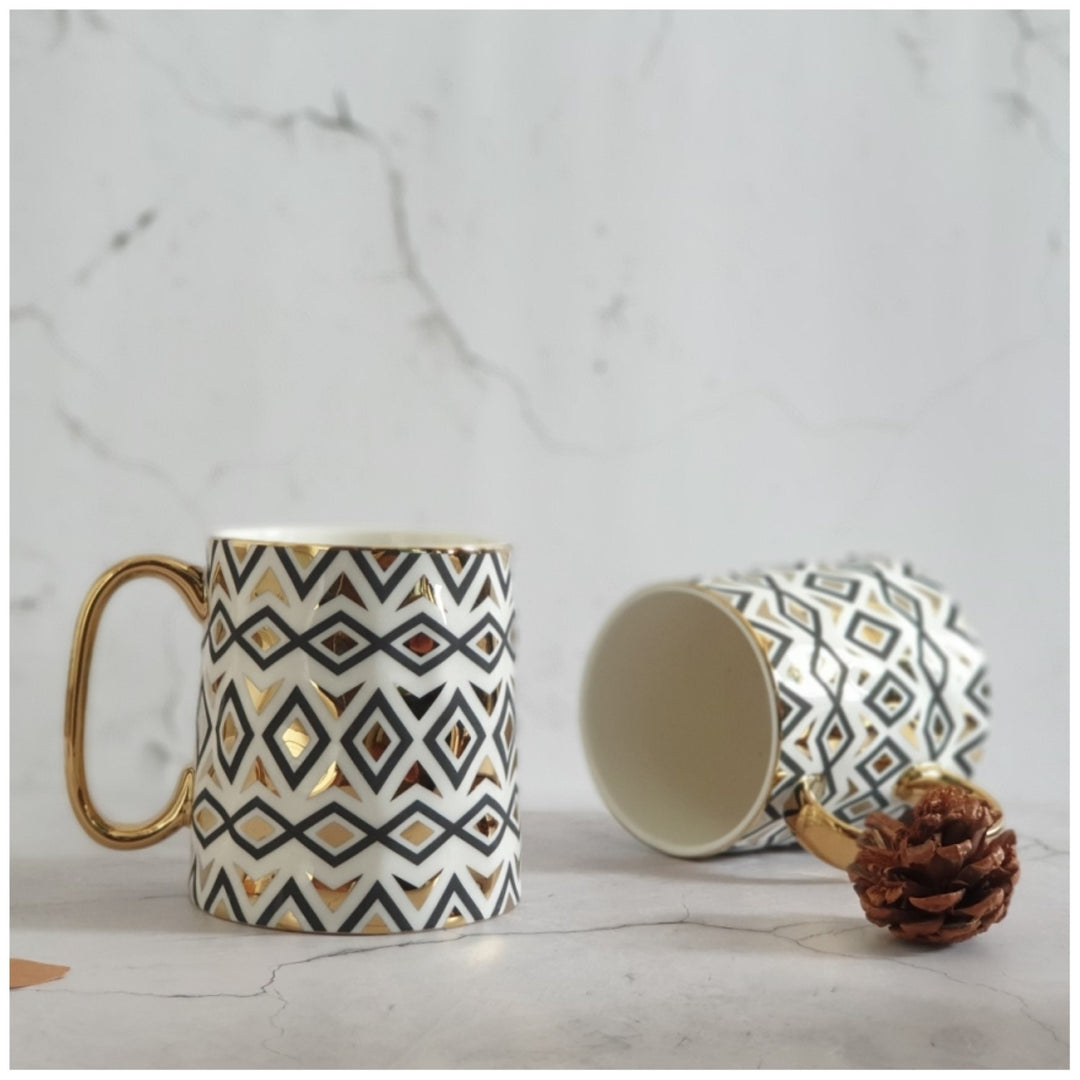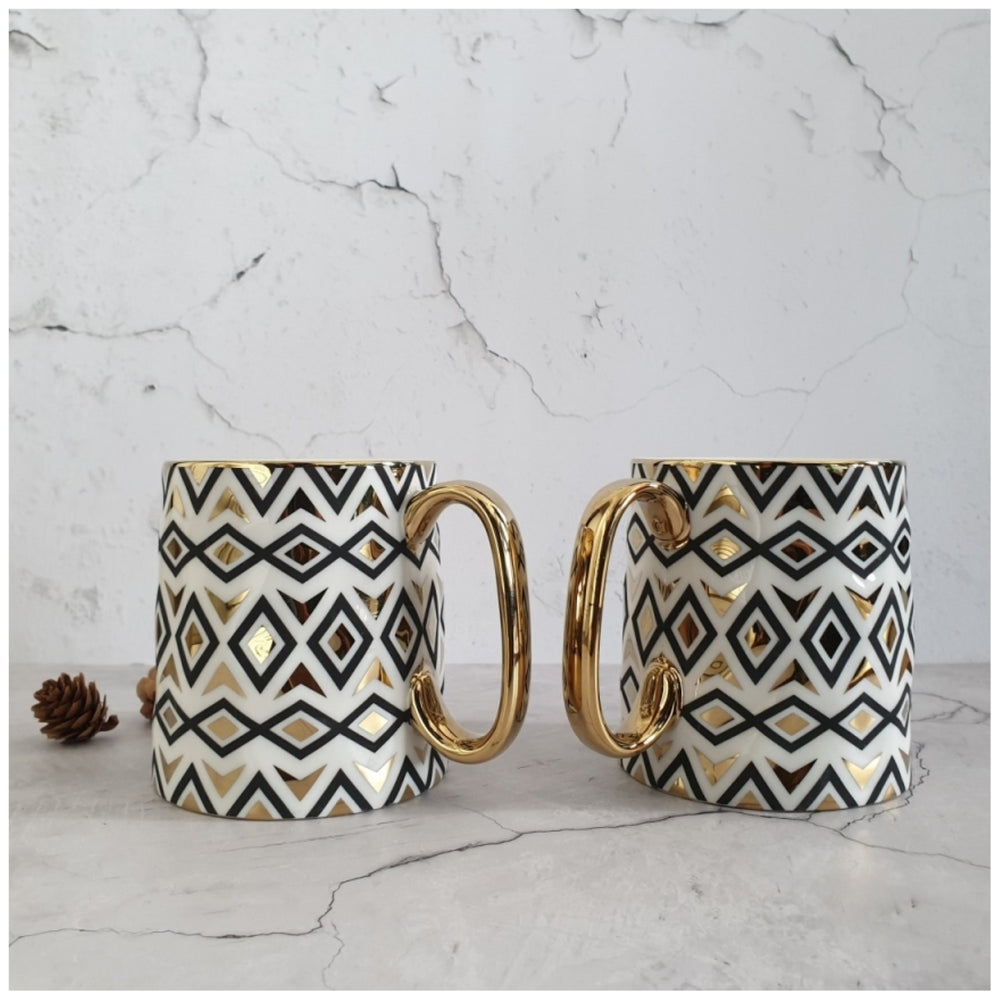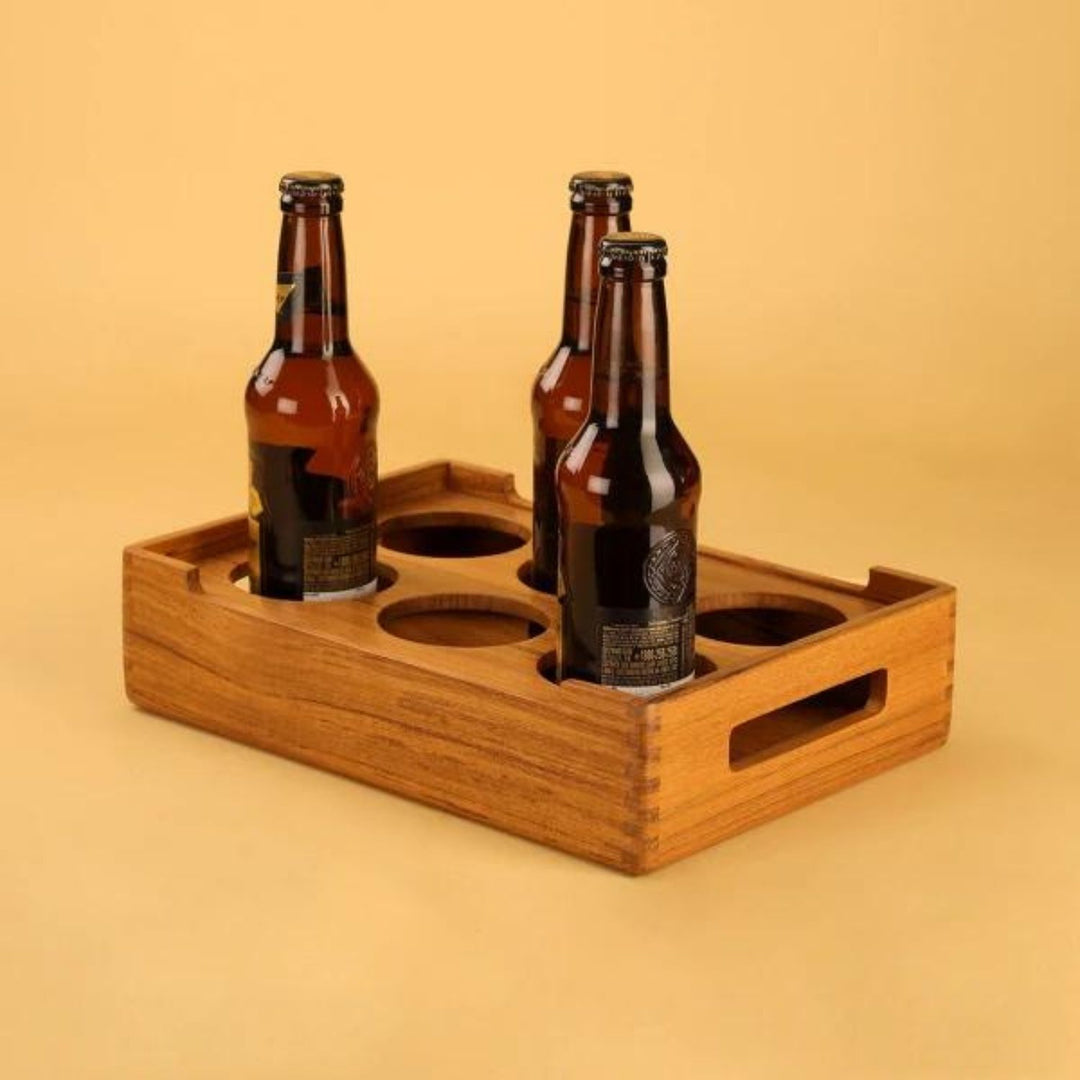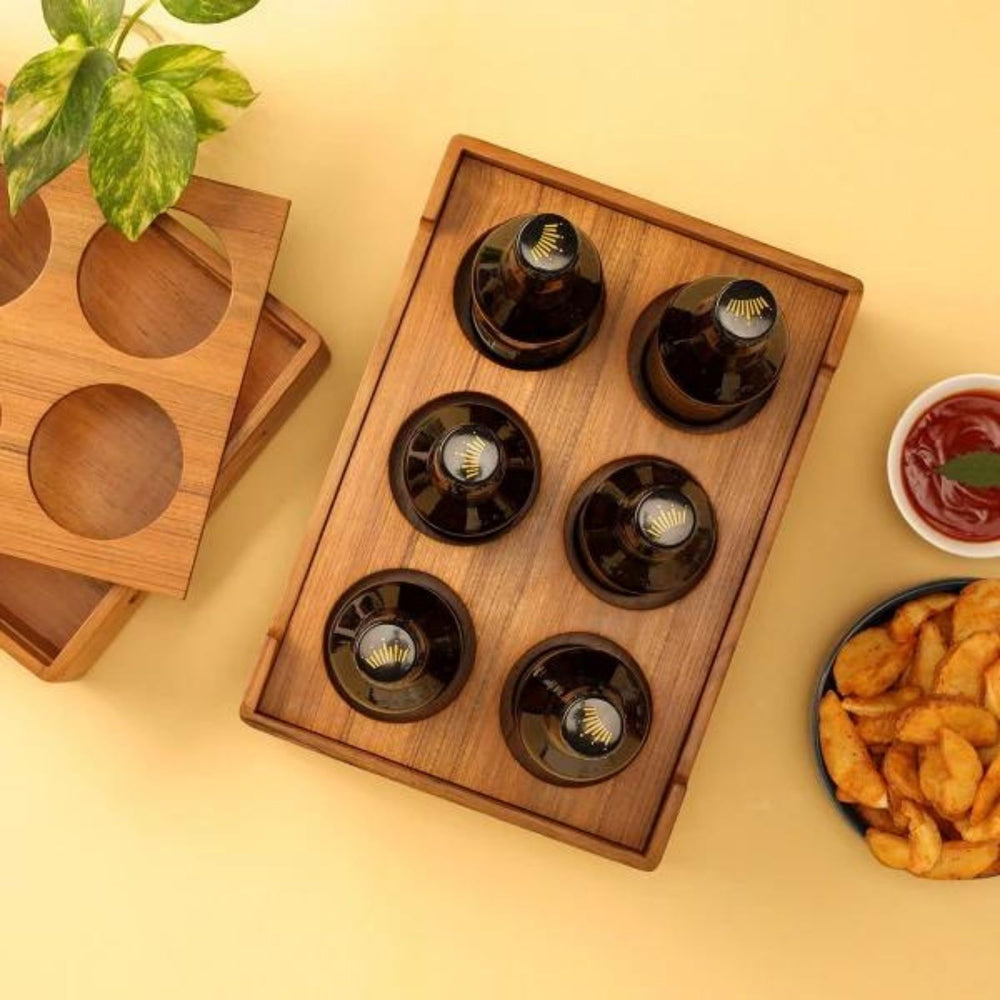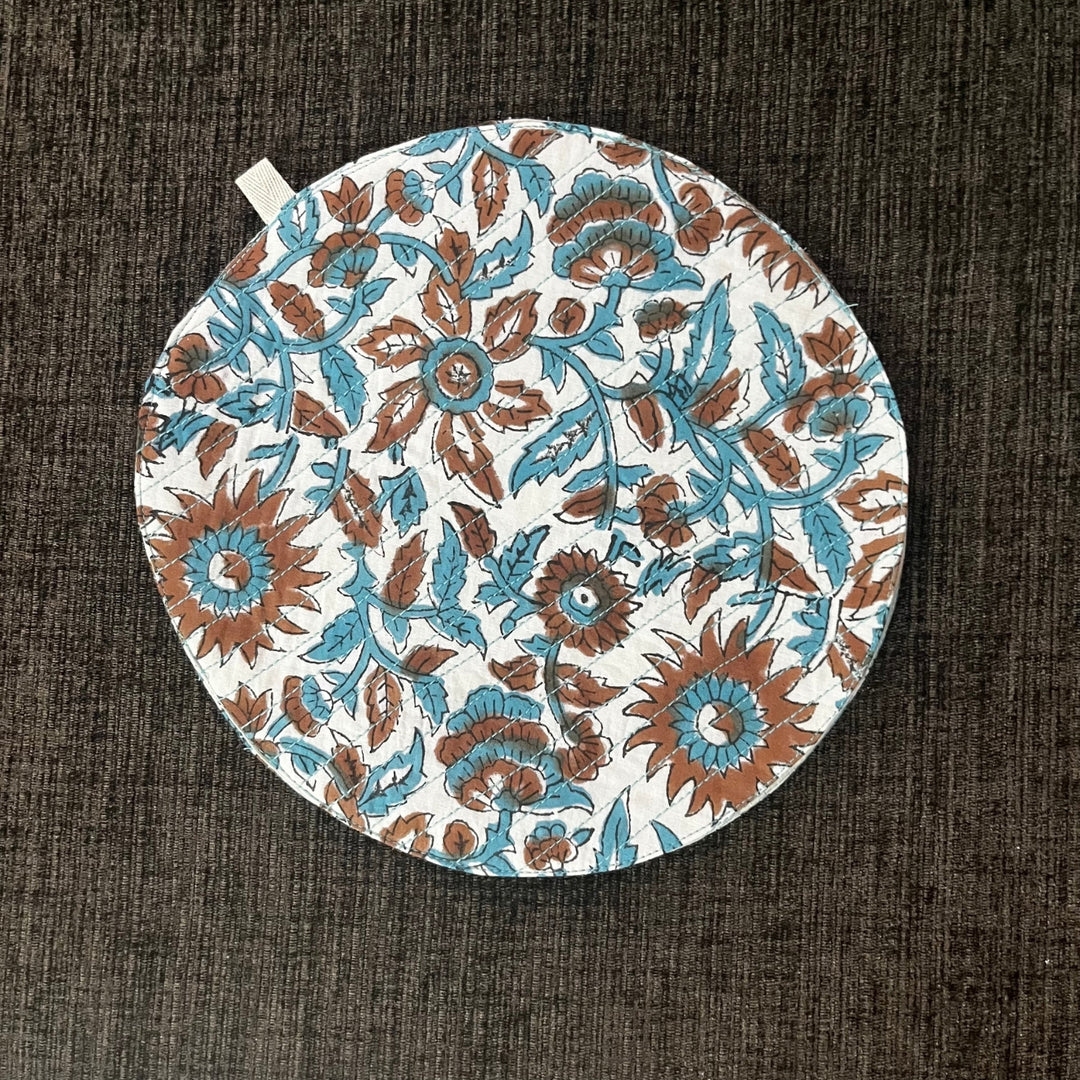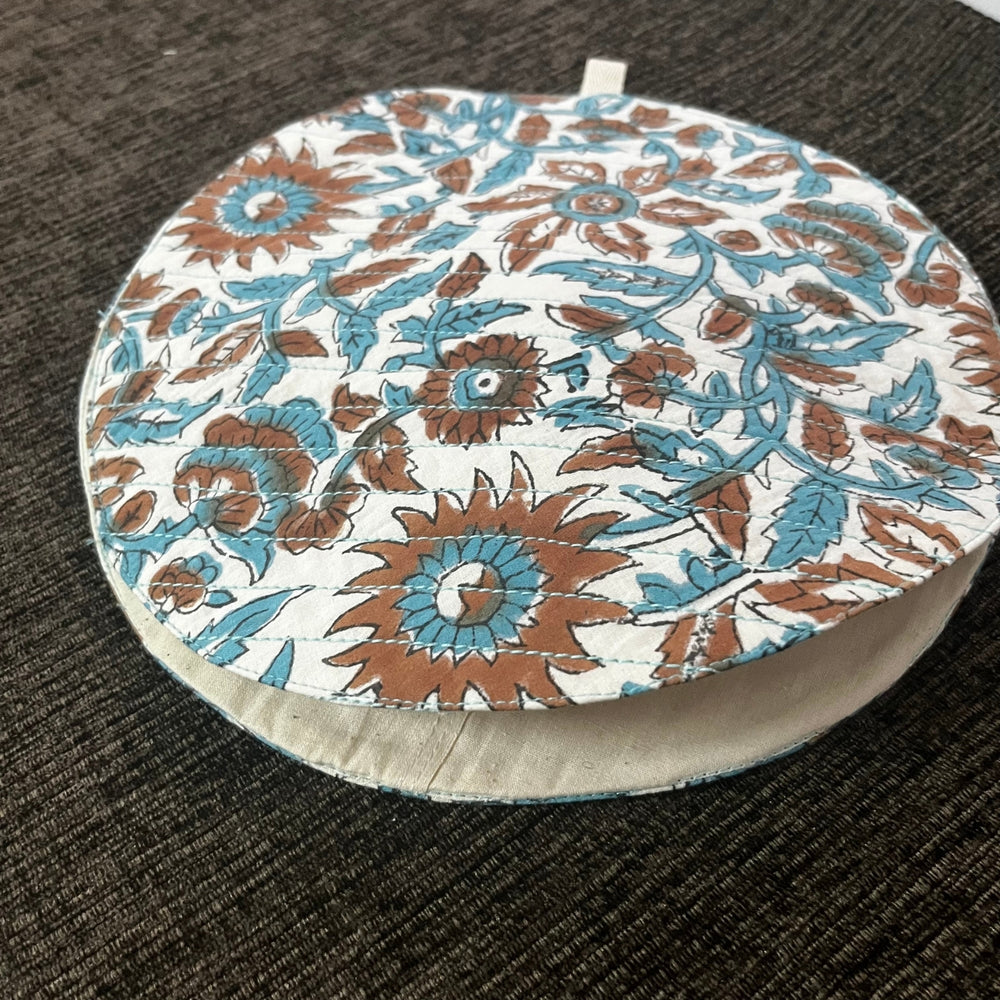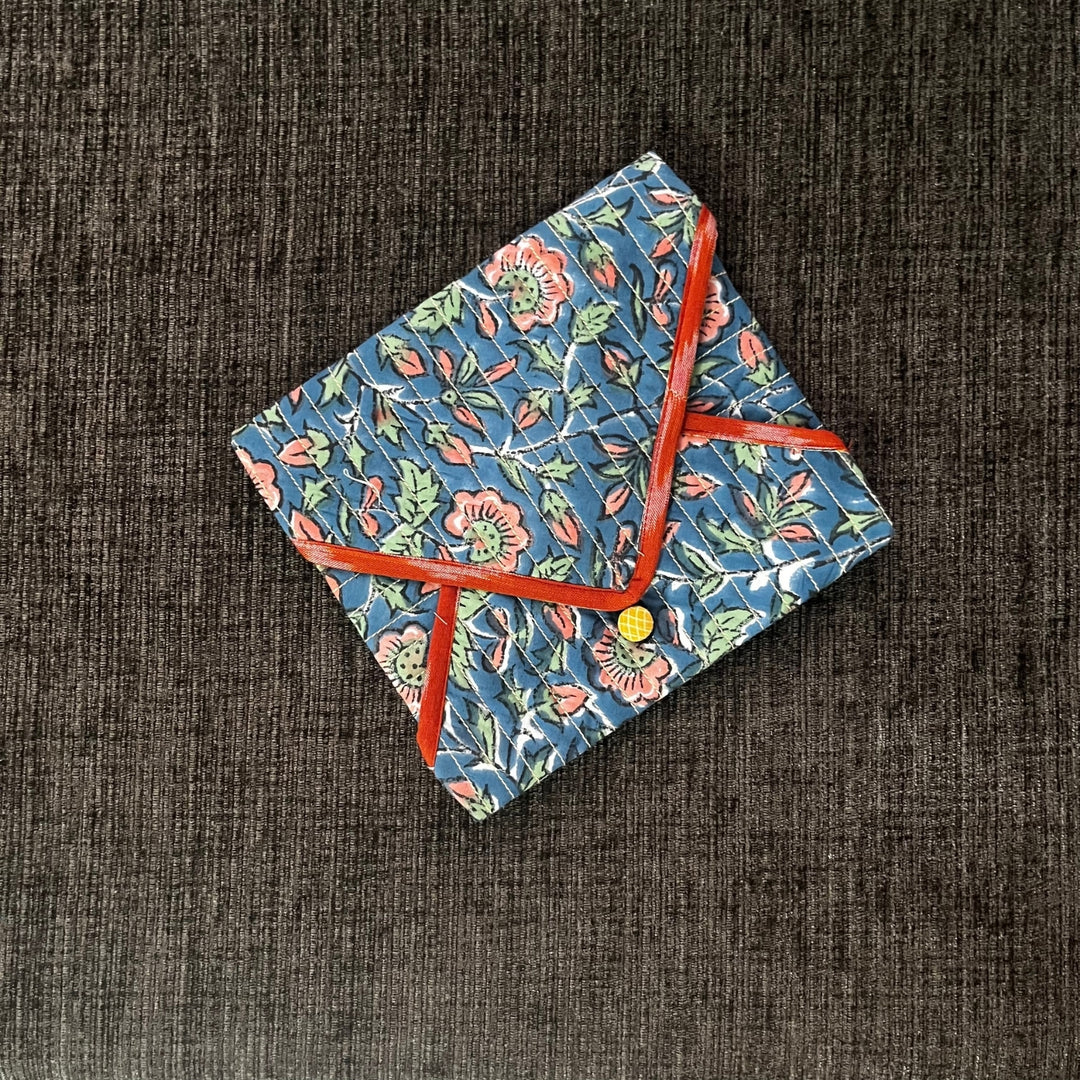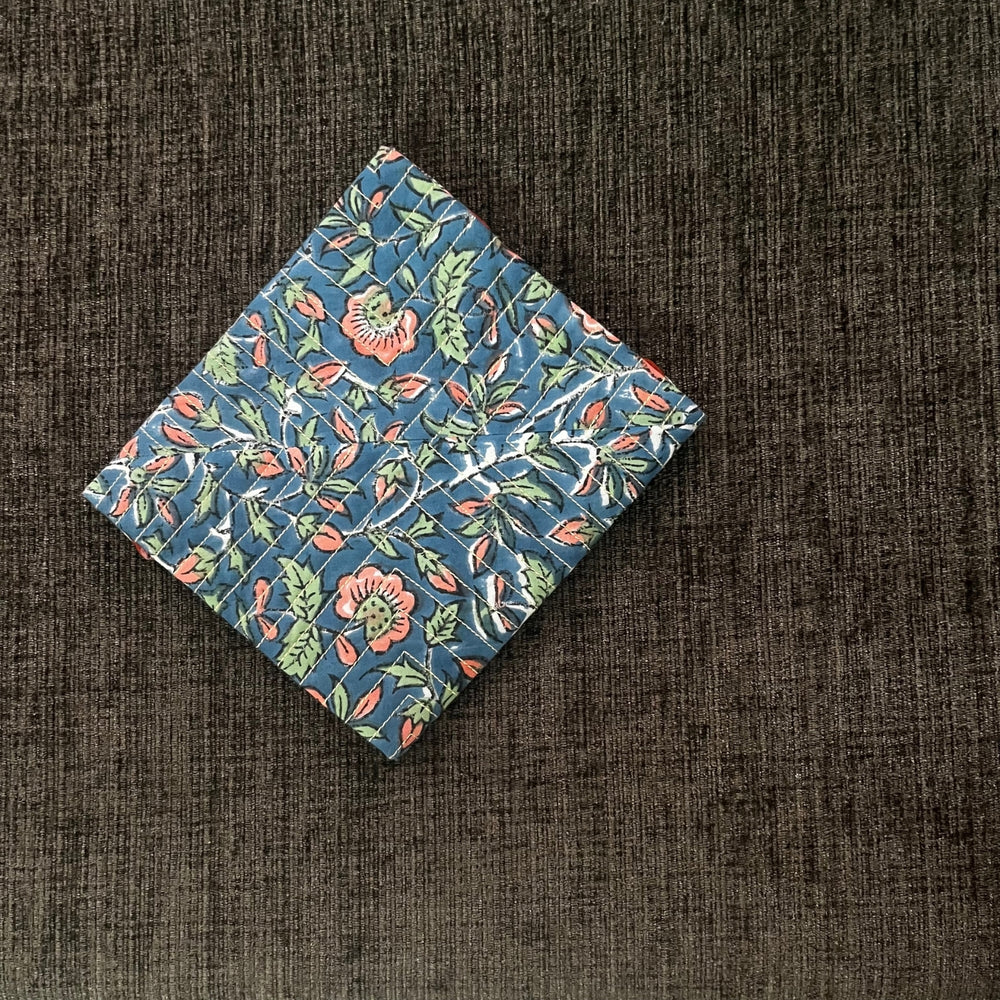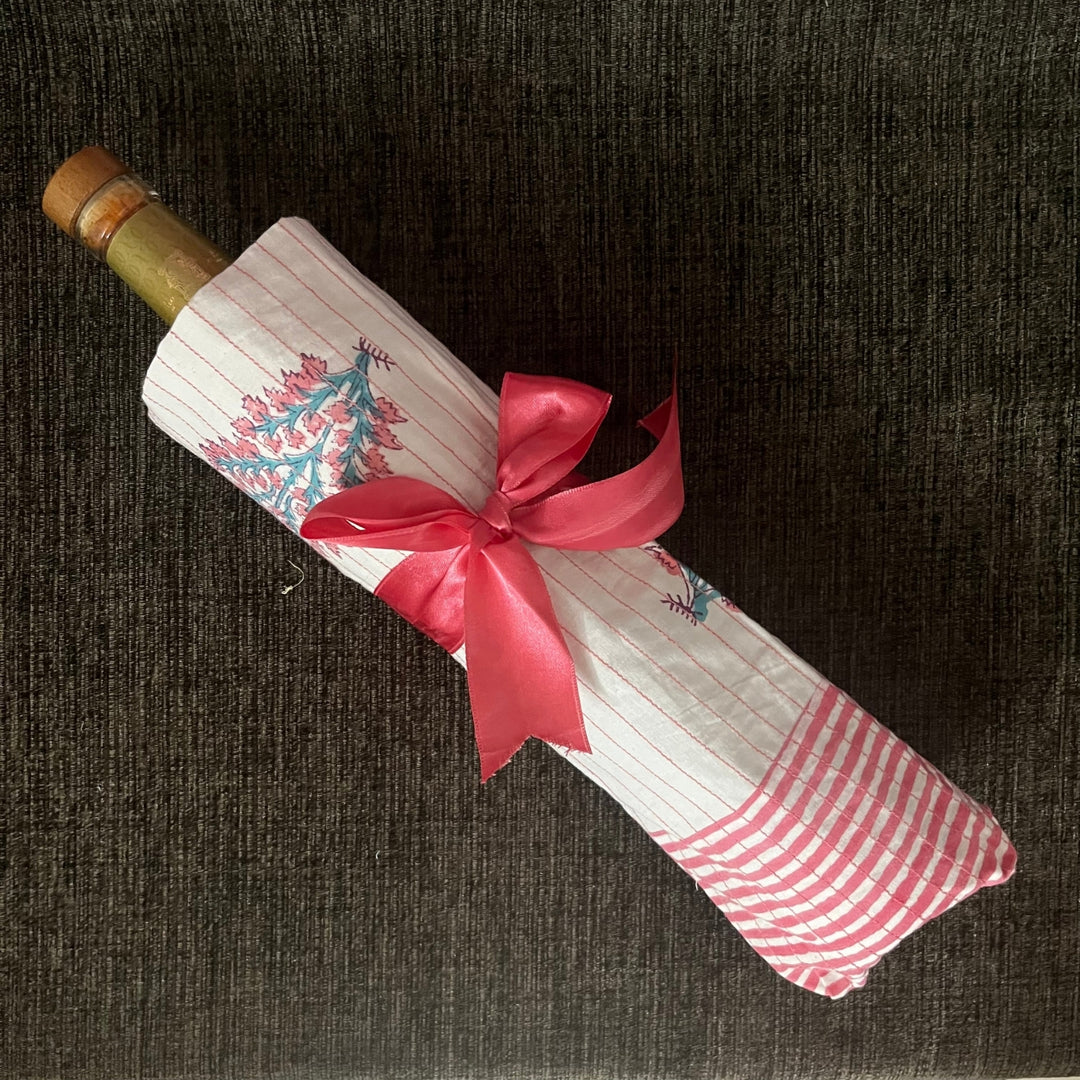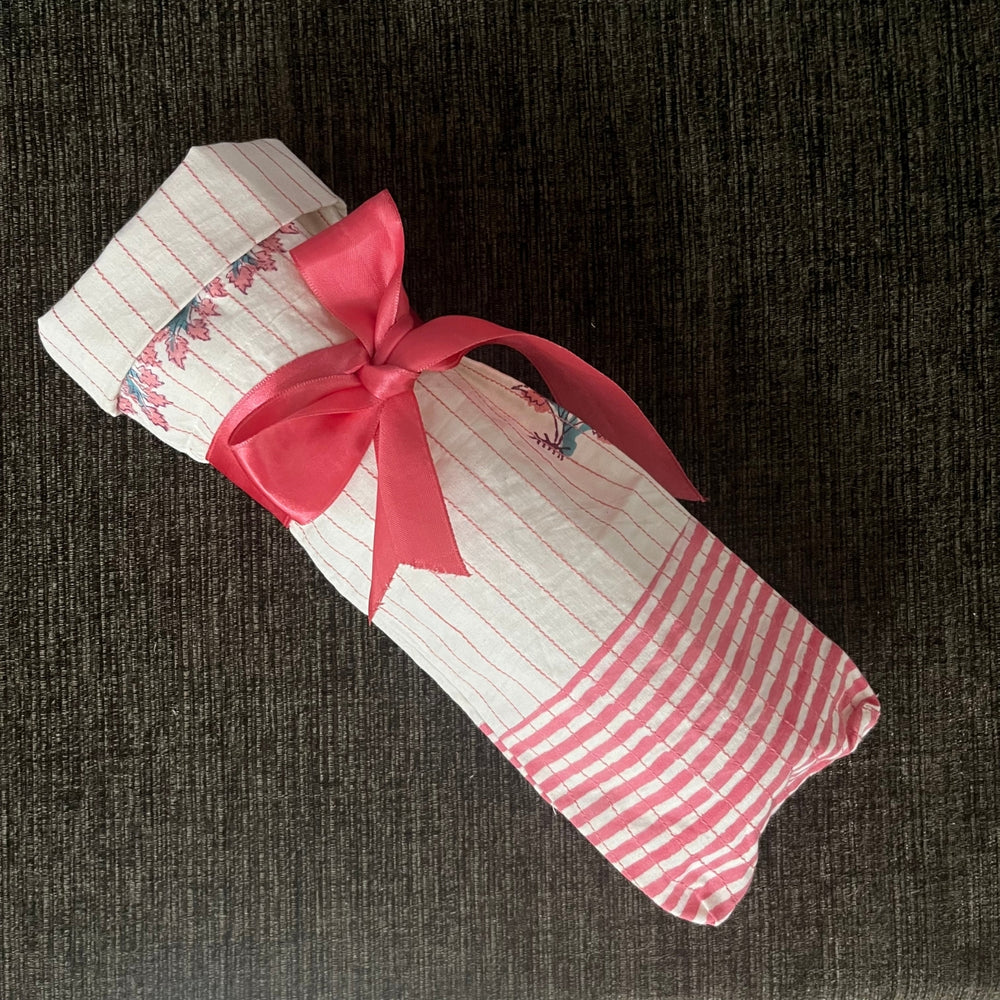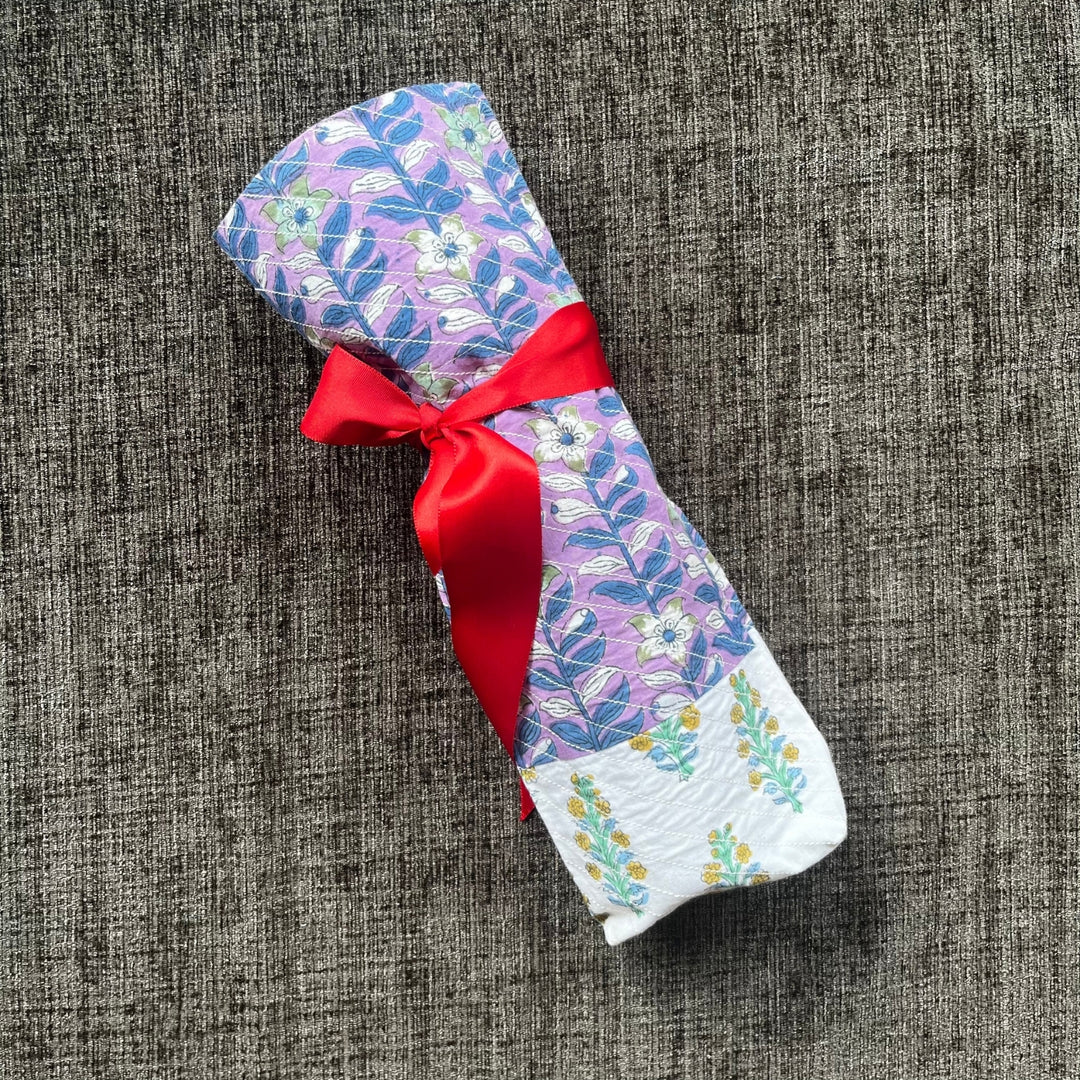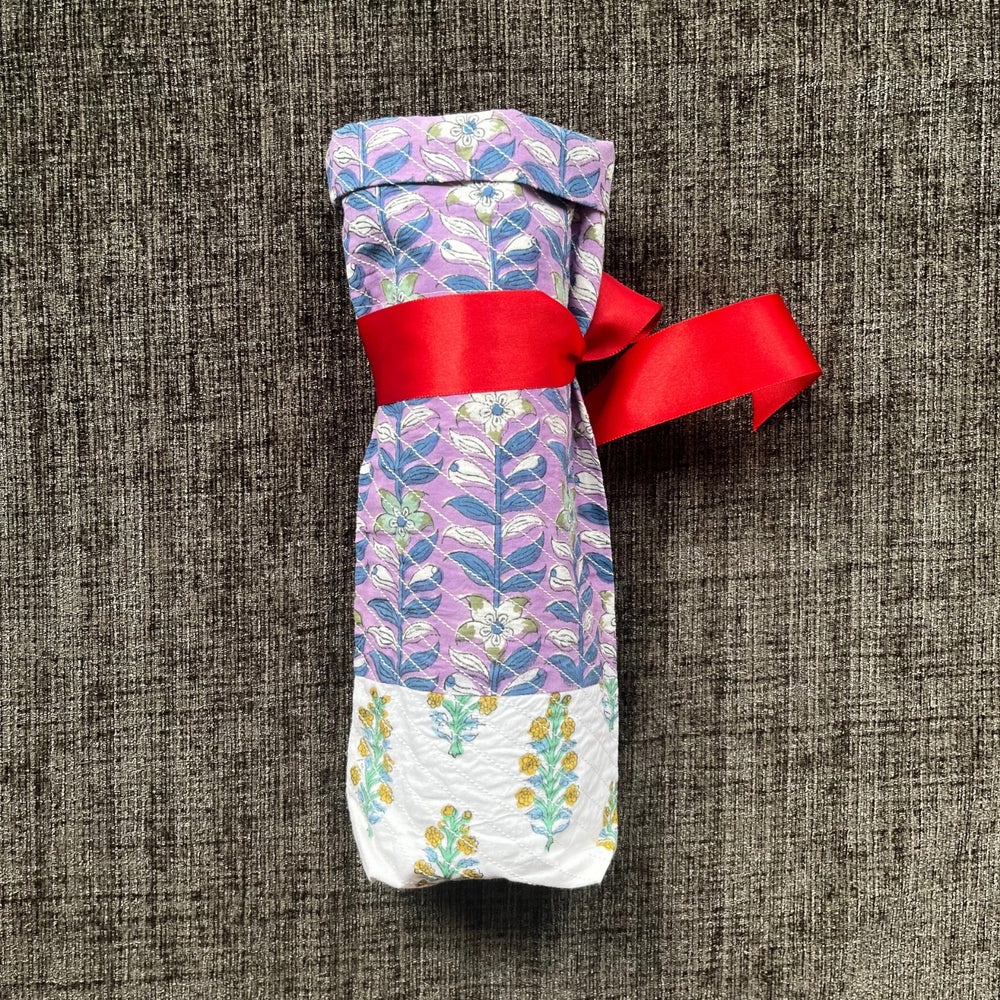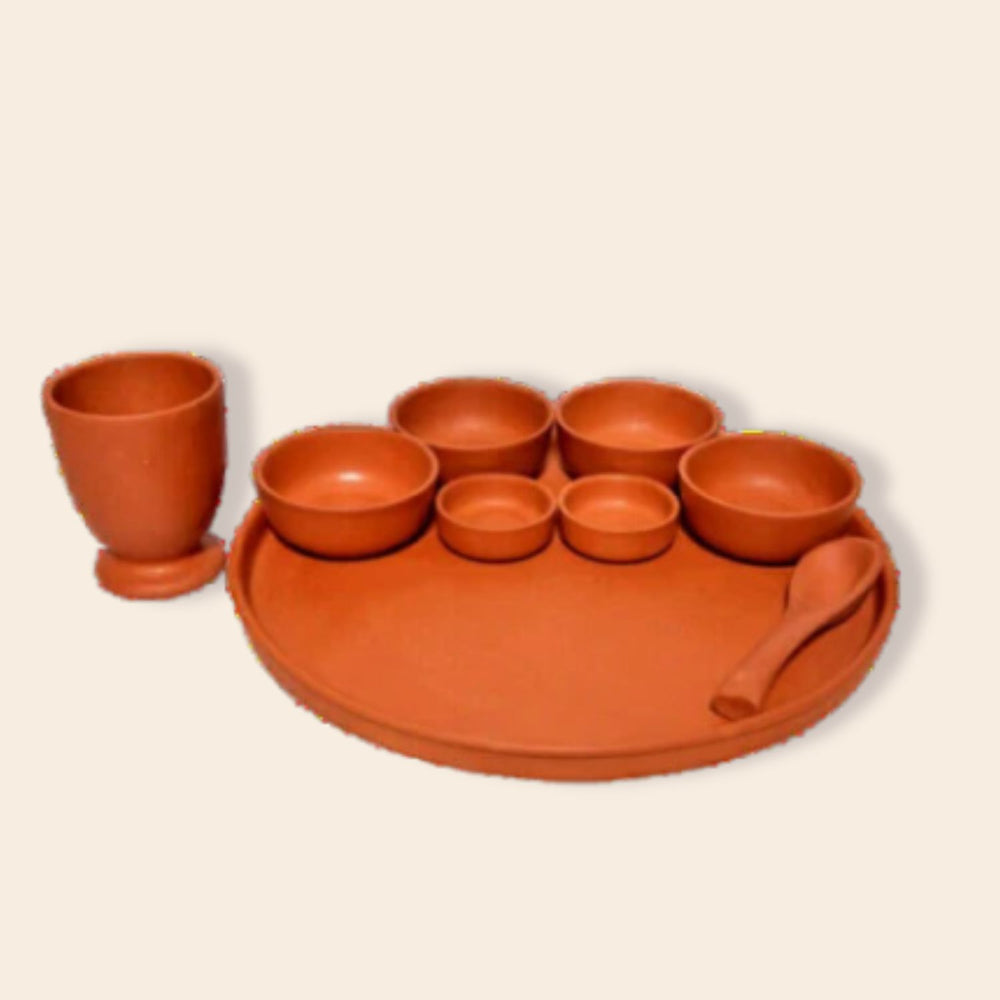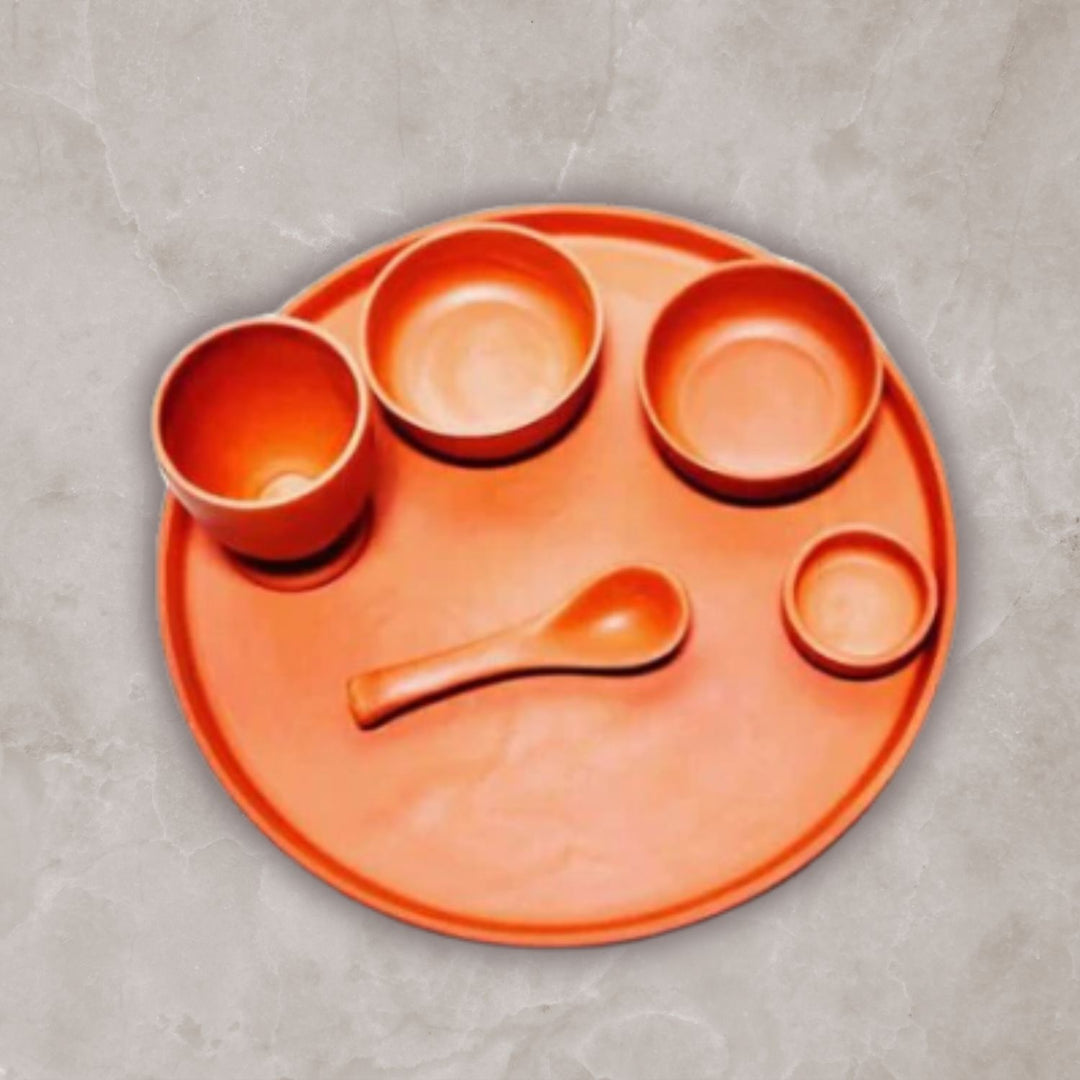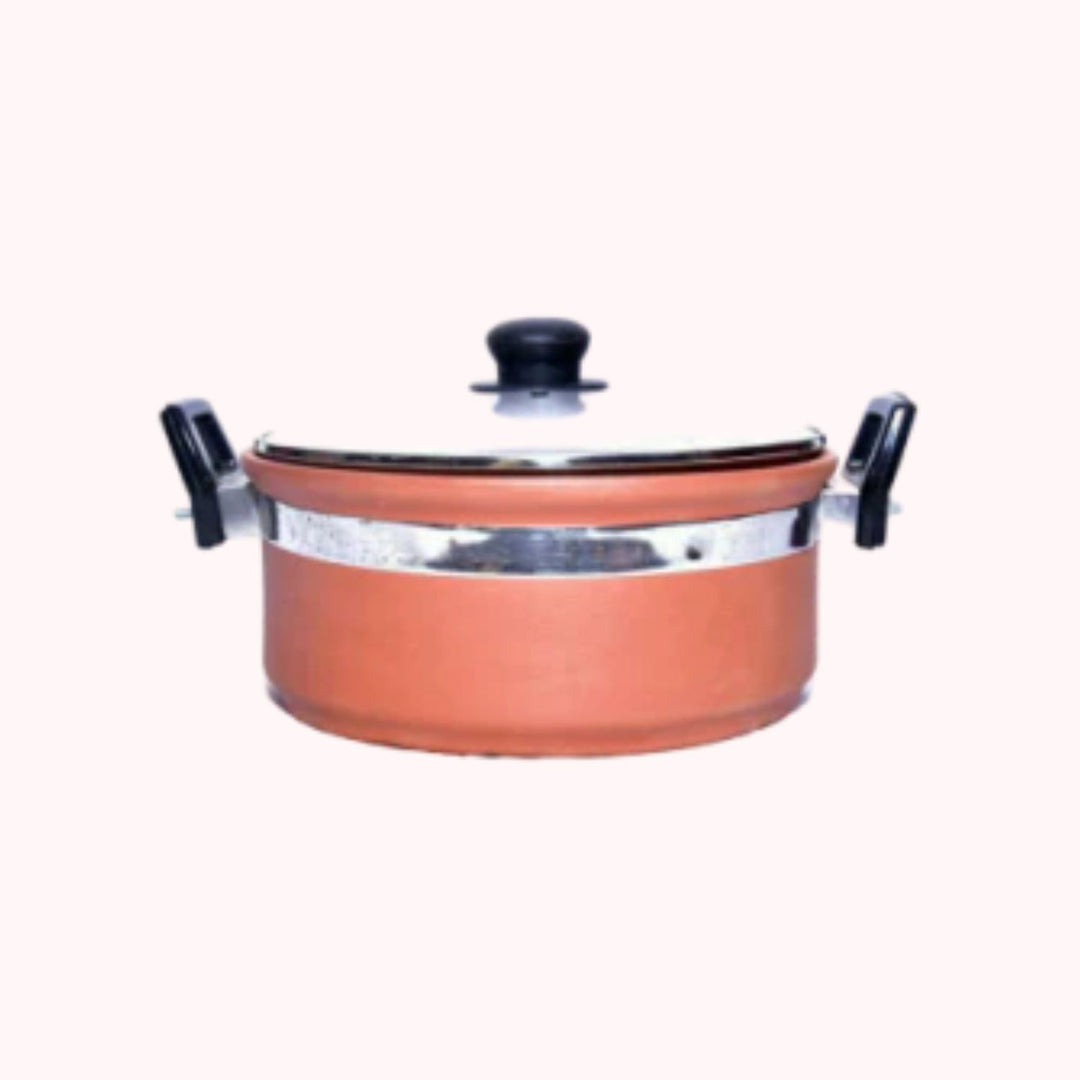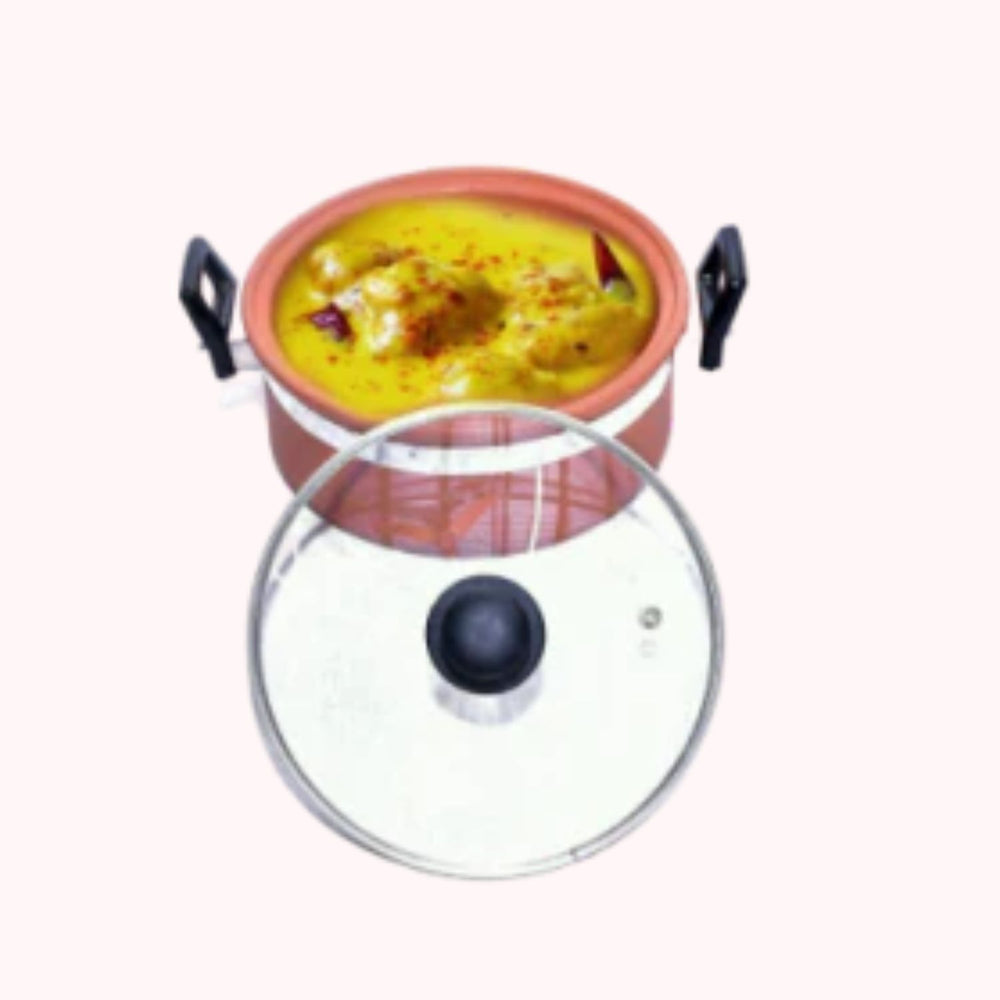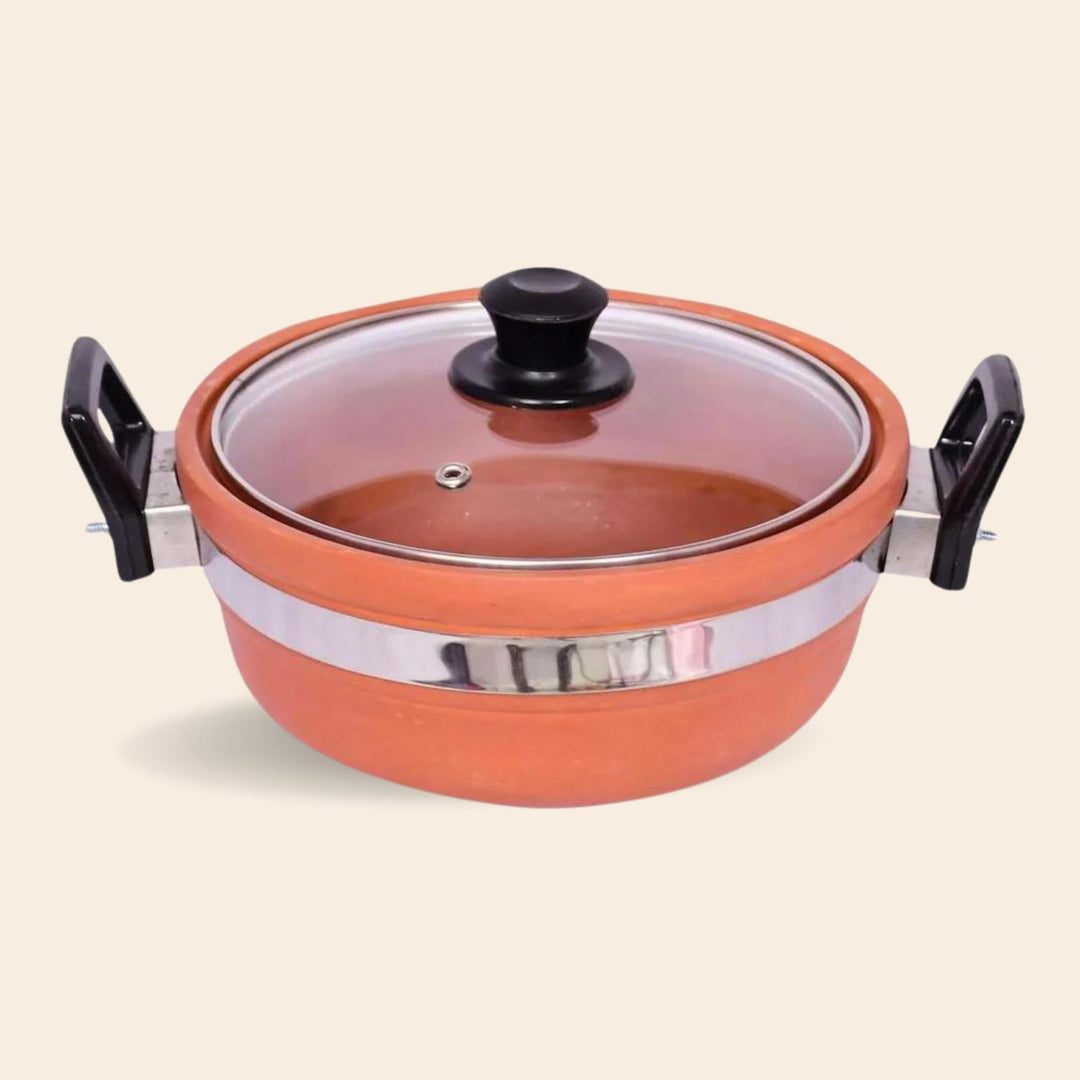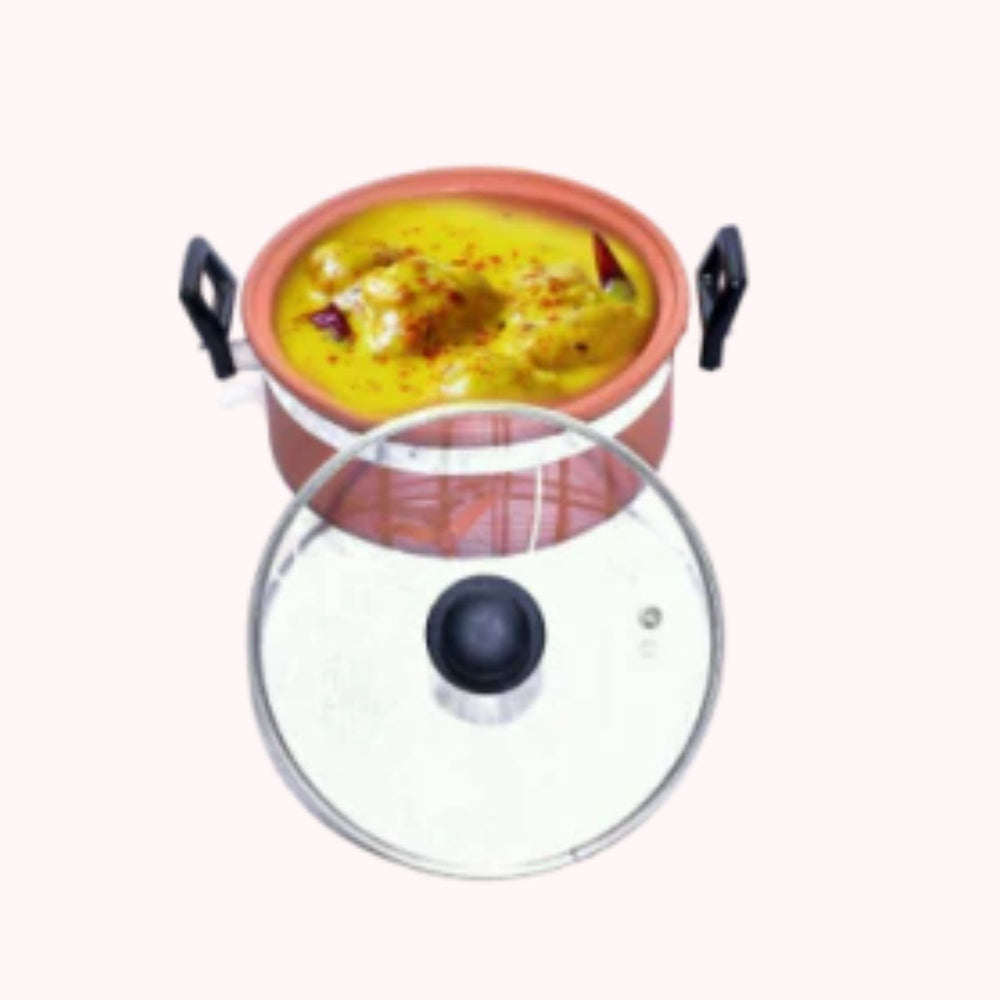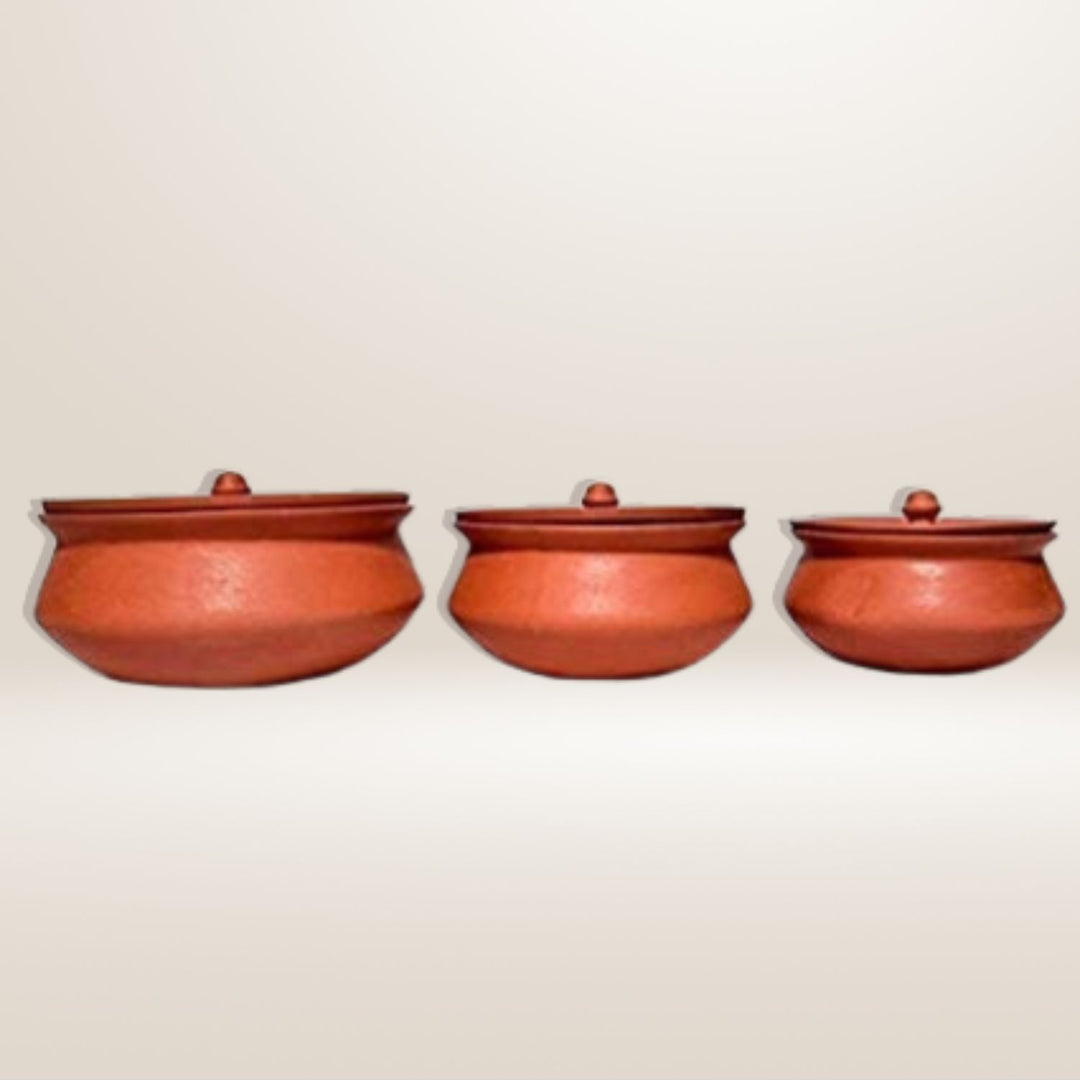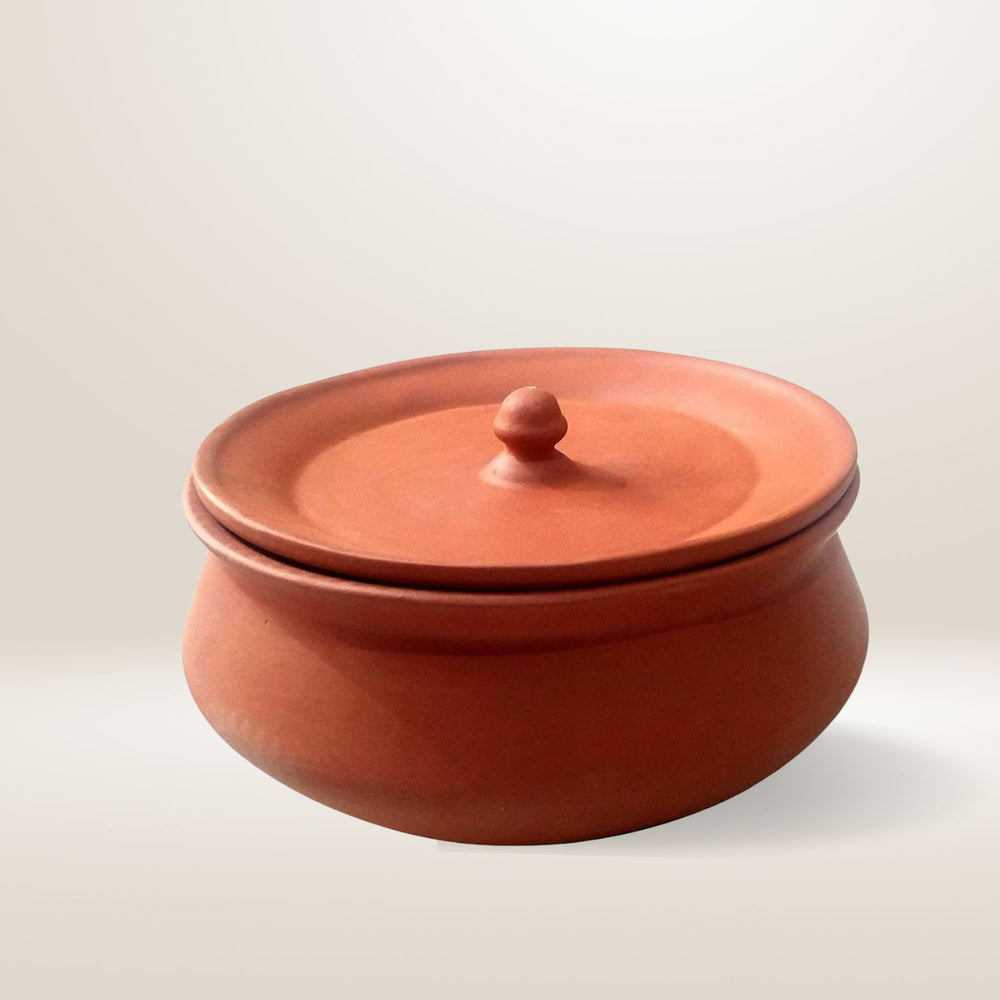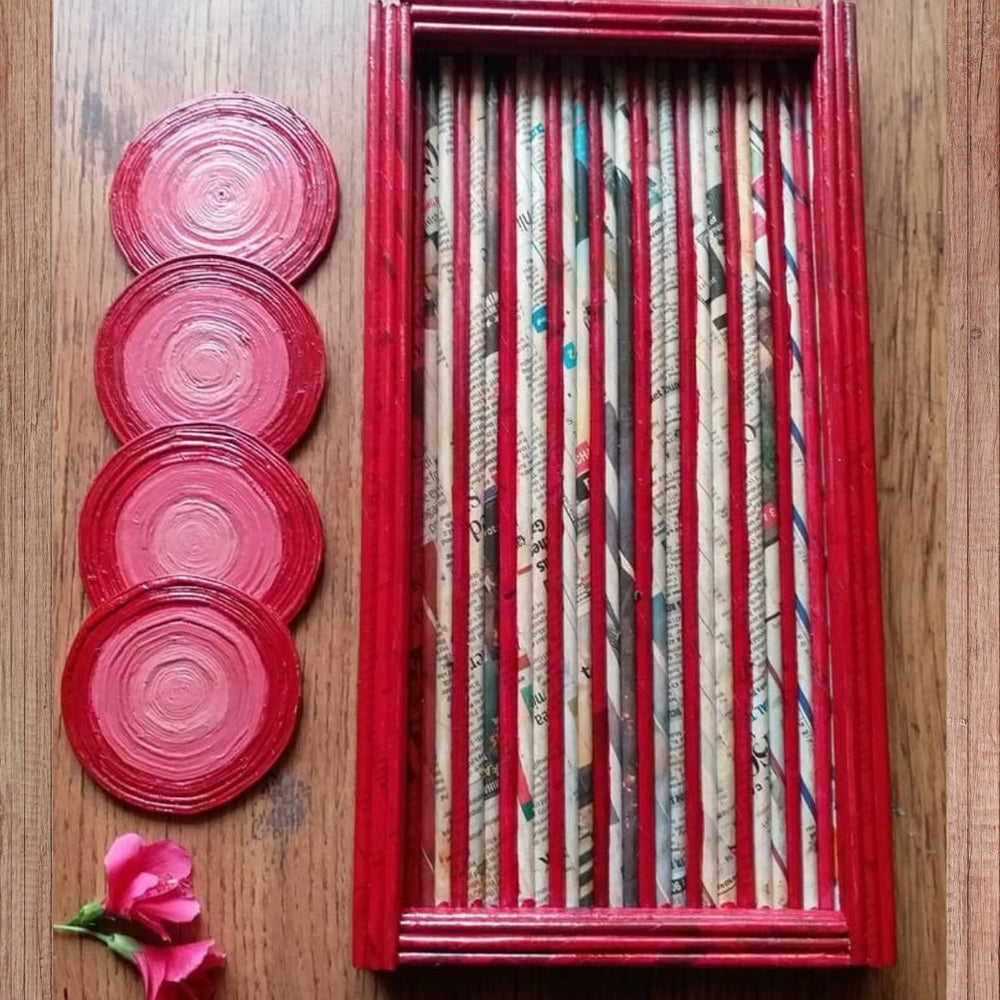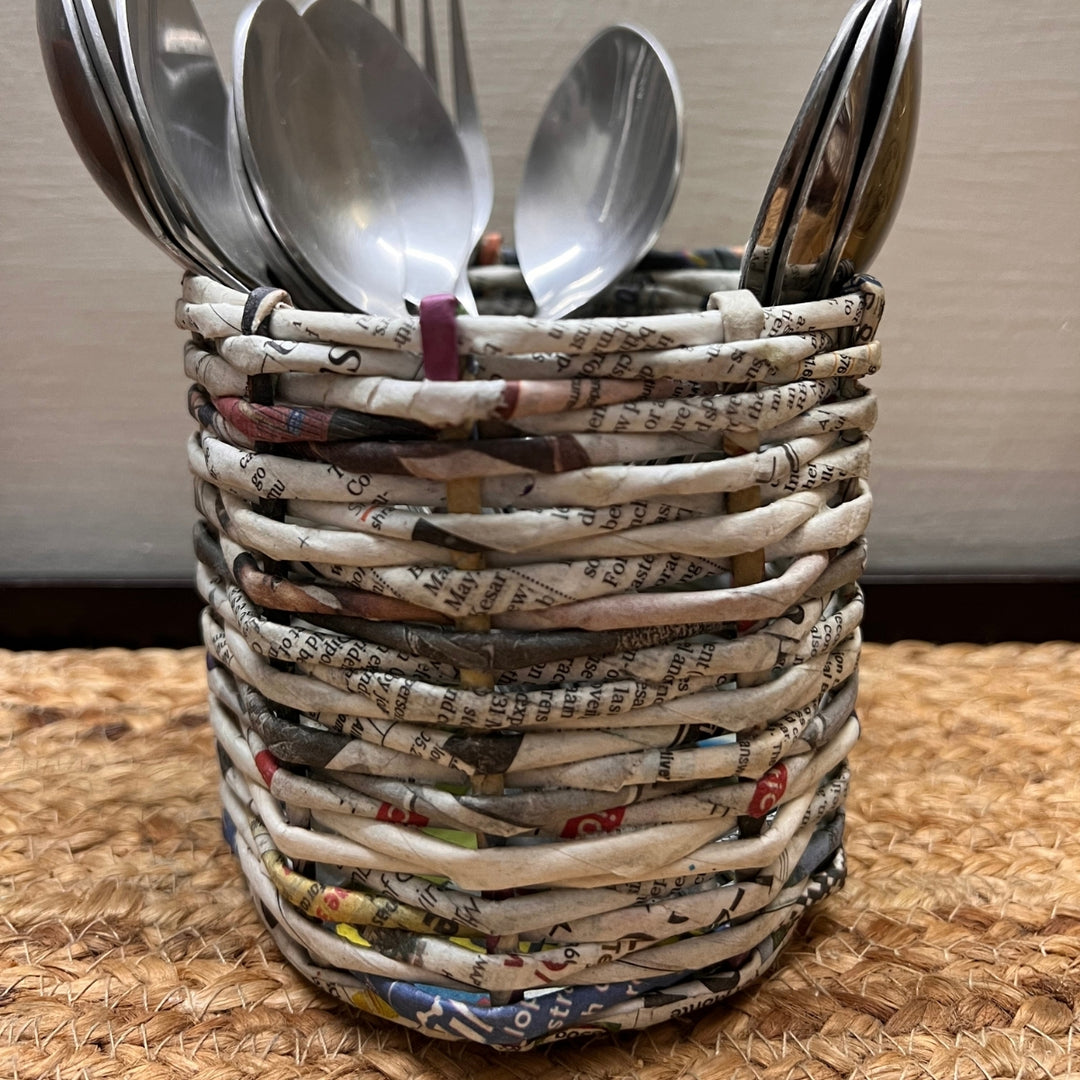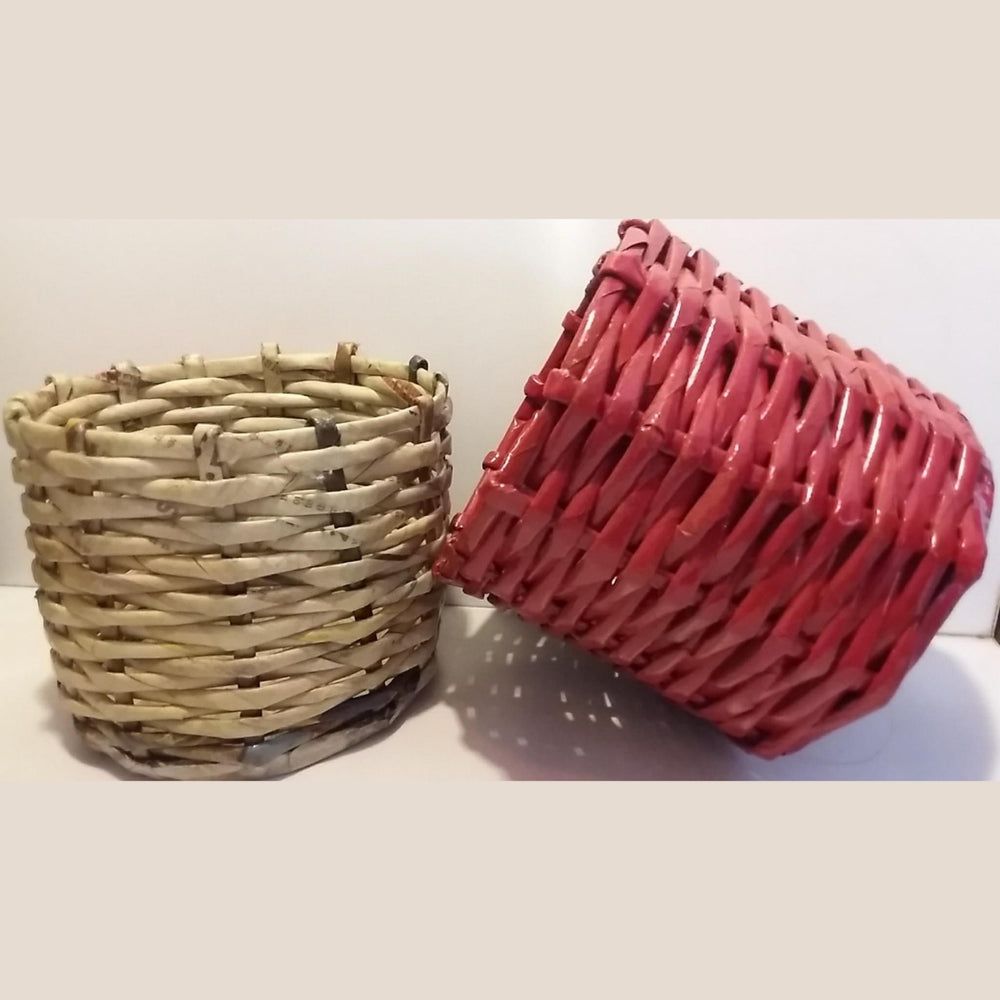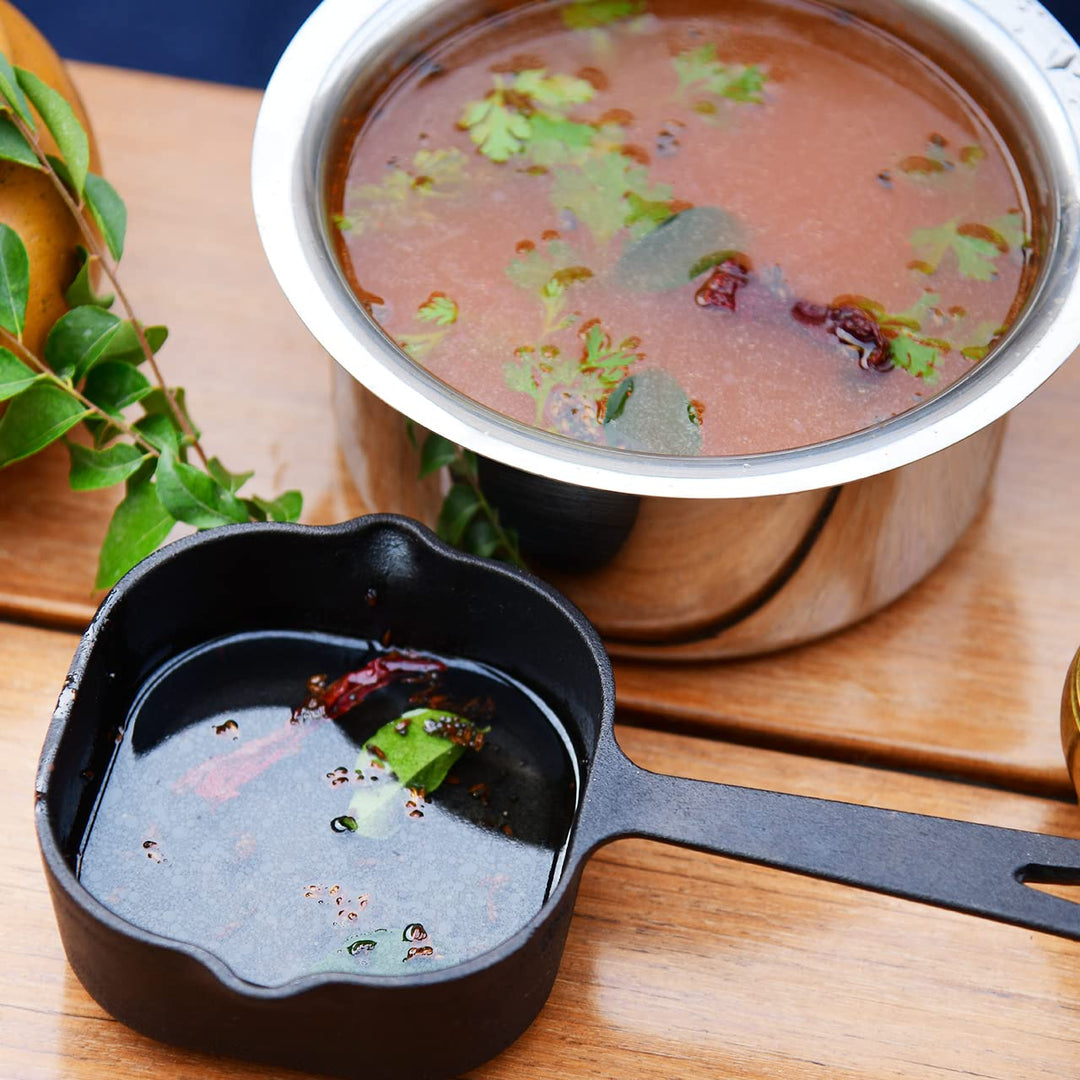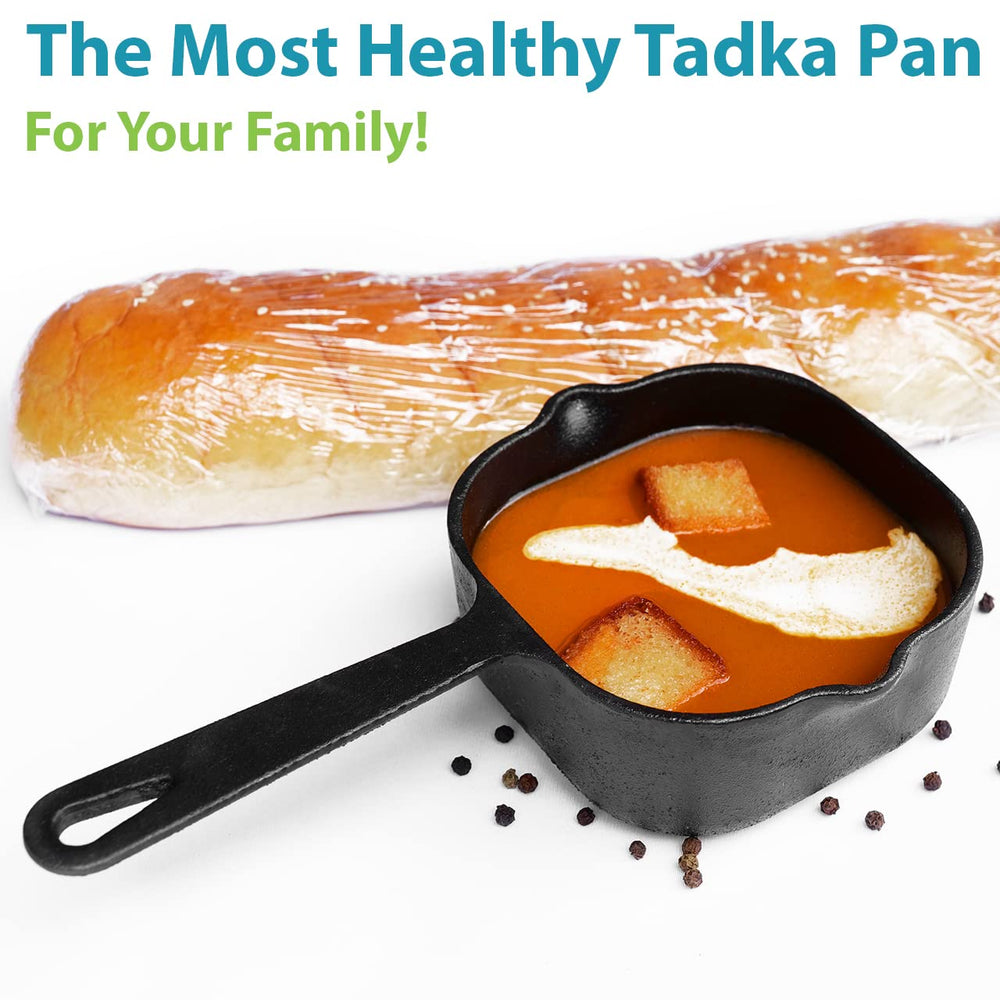| Shop Artistic Home, Women Fashion & Lifestyle Essentials |
| Shop Artistic Home, Women Fashion & Lifestyle Essentials |
| Shop Artistic Home, Women Fashion & Lifestyle Essentials |
| Shop Artistic Home, Women Fashion & Lifestyle Essentials |
| Shop Artistic Home, Women Fashion & Lifestyle Essentials |
| Shop Artistic Home, Women Fashion & Lifestyle Essentials |
| Shop Artistic Home, Women Fashion & Lifestyle Essentials |
| Shop Artistic Home, Women Fashion & Lifestyle Essentials |
| Shop Artistic Home, Women Fashion & Lifestyle Essentials |
| Shop Artistic Home, Women Fashion & Lifestyle Essentials |
| Shop Artistic Home, Women Fashion & Lifestyle Essentials |
| Shop Artistic Home, Women Fashion & Lifestyle Essentials |
| Shop Artistic Home, Women Fashion & Lifestyle Essentials |
| Shop Artistic Home, Women Fashion & Lifestyle Essentials |
| Shop Artistic Home, Women Fashion & Lifestyle Essentials |
| Shop Artistic Home, Women Fashion & Lifestyle Essentials |
| Shop Artistic Home, Women Fashion & Lifestyle Essentials |
| Shop Artistic Home, Women Fashion & Lifestyle Essentials |
| Shop Artistic Home, Women Fashion & Lifestyle Essentials |
| Shop Artistic Home, Women Fashion & Lifestyle Essentials |
| Shop Artistic Home, Women Fashion & Lifestyle Essentials |
| Shop Artistic Home, Women Fashion & Lifestyle Essentials |
| Shop Artistic Home, Women Fashion & Lifestyle Essentials |
| Shop Artistic Home, Women Fashion & Lifestyle Essentials |
| Shop Artistic Home, Women Fashion & Lifestyle Essentials |
| Shop Artistic Home, Women Fashion & Lifestyle Essentials |
| Shop Artistic Home, Women Fashion & Lifestyle Essentials |
| Shop Artistic Home, Women Fashion & Lifestyle Essentials |
| Shop Artistic Home, Women Fashion & Lifestyle Essentials |
| Shop Artistic Home, Women Fashion & Lifestyle Essentials |
| Shop Artistic Home, Women Fashion & Lifestyle Essentials |
| Shop Artistic Home, Women Fashion & Lifestyle Essentials |
| Shop Artistic Home, Women Fashion & Lifestyle Essentials |
| Shop Artistic Home, Women Fashion & Lifestyle Essentials |
| Shop Artistic Home, Women Fashion & Lifestyle Essentials |








